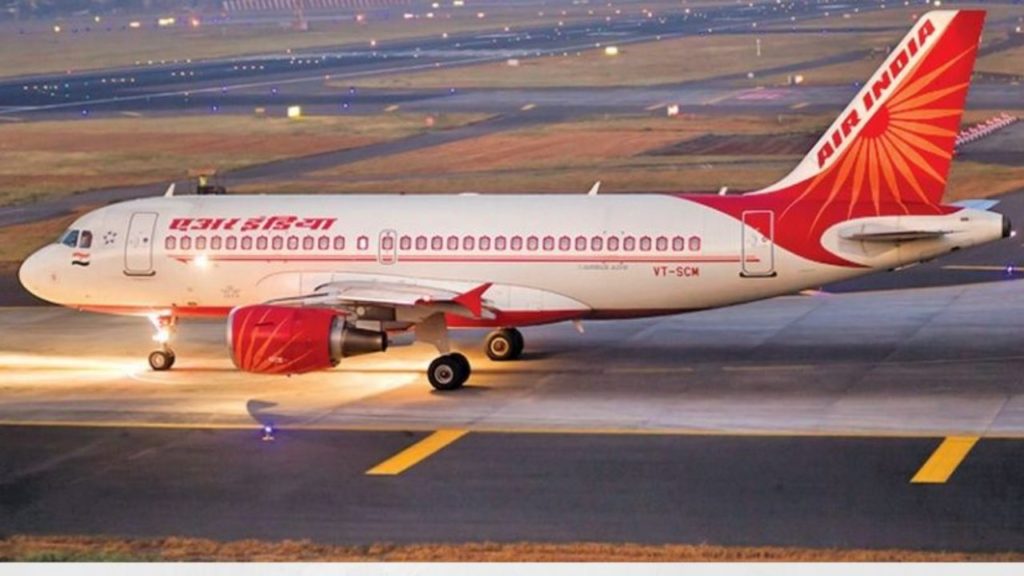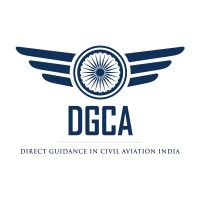Air India Experiences Significant Growth, Recruiting 600 Cabin Crew Members and Pilots Monthly, States CEO Campbell Wilson
New Delhi: Campbell Wilson, the Chief of Air India, expressed optimism regarding the airline’s growth prospects and hailed the “healthy start” of the five-year transformation plan. He announced that the company is actively hiring 550 cabin crew members and 50 pilots per month, while also anticipating the addition of six wide-body A350 planes to their fleet by the end of this year. Since taking over the airline from the government in January of last year, the Tata Group has implemented various measures to revive the financially struggling carrier, including placing a massive order for 470 planes and expanding international operations.

Wilson, the Managing Director, and CEO, clarified that the airline’s recruitment strategy involves actively hiring and training approximately 550 cabin crew members and 50 pilots each month. He emphasized that although there is no specific target, the company is actively recruiting and providing training to these individuals.
“In comparison to the pre-privatization era, the hiring rate for cabin crew members is about ten times higher, and for pilots, it is about five times higher on an annual basis,” he informed PTI during an interview in the capital city.
He stated that the current rate of hiring will persist throughout most of this year, gradually decrease by the end of the year, and then pick up speed again towards the end of 2024. He mentioned that this hiring pace will align with the addition of new aircraft.
Air India Express and AirAsia India
Amidst the ongoing merger process of Air India Express and AirAsia India (now known as AIX Connect), as well as Vistara with Air India, Wilson acknowledged the need for caution in light of regulatory approvals required for consolidation.
“We have individuals available to fill the positions. We are carefully considering external hires based on the existing workforce across the four airlines… Our focus is on consolidating the airlines while also experiencing substantial growth,” he explained.
When asked about the combined staff strength of all four airlines, Wilson estimated it to be around 20,000, excluding individuals hired as part of the growth strategy.
Earlier this month, Wilson informed the employees that a significant number of individuals, exceeding 3,900, have been hired by Air India and Air India Express since the beginning of this year. This includes the recruitment of over 500 pilots and 2,400 cabin crew members.
Wilson shared details about the induction plans for the historic order of 470 planes that was placed earlier this year. He mentioned that the first narrow-body aircraft is expected to arrive in July or August, while the first wide-body aircraft (A350) is scheduled for October.
Air India’s current fleet consists of 122 planes, and the airline is actively expanding its operations.
By the end of this year, Air India anticipates having six A350 and eight B777 aircraft. Presently, the carrier has already leased nine B777 planes.
In February, Air India made a significant announcement stating its intention to purchase 250 aircraft. This includes 40 wide-body A350 planes from Airbus and 220 planes from Boeing in separate deals.
The order consists of 40 Airbus A350s, 20 Boeing 787s, and 10 Boeing 777-9s for wide-body aircraft. Additionally, it includes 210 Airbus A320/321 Neos and 190 Boeing 737 MAX single-aisle aircraft.
Air India Chief
According to the Air India chief, the real transformation is set to take place from the following year onwards. This will involve acquiring all the leased aircraft, retrofitting old aircraft, and receiving deliveries of the 470 planes ordered.
When emphasizing the challenges ahead, Wilson highlighted the immense scale and pace of the changes required, given that the airline has experienced under-investment for many years.
“The main airline’s transformation is of significant importance. We are also in the process of merging airlines, enhancing training capacity, and supporting the unprecedented growth path from scratch,” he added.
In relation to the domestic industry, he expressed the desire for a healthy, flourishing, and stable ecosystem that benefits consumers, the economy, travelers, airlines, and staff alike.
He further stated that a repeated cycle of failures is detrimental to all stakeholders, and this evolution is a natural occurrence that has taken place elsewhere as well.
Regarding the ongoing five-year transformation plan called ‘Vihaan.AI,’ he remarked that it has had a promising start.
Regarding the wet leasing of aircraft by airlines, Wilson expressed that it serves as a temporary solution to align supply and demand. He acknowledged its validity in the short term but cautioned against undermining the motivation to invest in one’s own assets and actively contribute to the sustainable growth of the market.
As IndiGo aims to enhance its global footprint, the airline has opted for wet leasing, including the acquisition of aircraft on such terms.
Also, Read: Indian Aviation News
Private & Non-scheduled Charter operators in India
Go through, the Mall of Aviation
For the best HELIPAD CONSULTANCY



